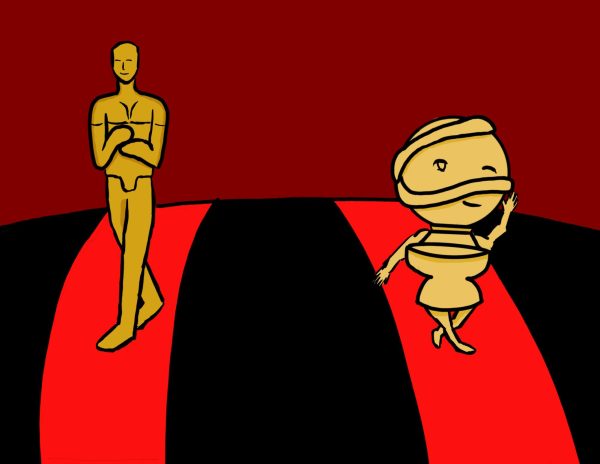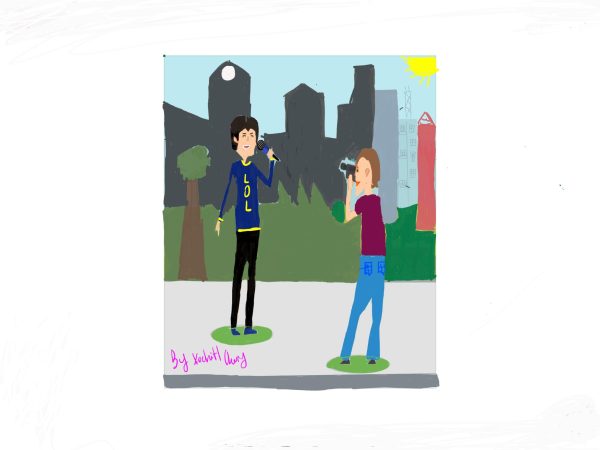Modern rom-cons dovetail empowerment and enchantment
Of all the genres of film, none has quite the reputation of romantic comedies, or as they are more commonly known, rom coms. While they are often the recipients of high praise, many romantic comedies face backlash for perpetuating unrealistic scenarios, dated norms and one of the most notable flaws of all, lackluster portrayal of women.
When the genre of rom coms first started to become popular, more often than not the female leads would have minimal personality and mostly serve as a plot device for the male lead’s character development, with few goals or development of their own, such as Madison from “Splash,” who is naive and relies is almost completely dependent on male lead Allen in order to function. In fact, some movies go as far as to portray women with careers and ambitions as selfish, superficial and mean-spirited. “13 Going On 30” portrays main character Jenna’s sense of ambition as what turns her initial adult personality so sour. However, even after remembering who she really is, her life is then entirely different, with her not having her prestigious New York City job, but rather marrying the boy she liked in middle school and remaining in the same suburb she grew up in.
Thankfully, these tropes seem to be on their way out, with newer, more satisfying stories taking their places. Romantic comedies now tend to focus on the development of both sides, and women become more vocal within their own stories. “Isn’t It Romantic?,” which is a satire of many of the classic older rom coms, portrays main character Natalie learning to love herself for who she is before she pursues a romance in the end. Another improvement within the industry is that now movies often scrap the idea that the women of the narratives have to be pitted against each other. “Legally Blonde” shows Elle’s sorority sisters rallying around her to help achieve her goals at law school, Paulette helping her realize her self worth and Vivian learning to support Elle for her intelligence and hard work.
Ultimately, feminism evolving within the romantic comedy genre has one important purpose in mind: help tell stories about love that everyone can relate to, and that highlight two independent people becoming one.
Your donation will support the student journalists of Saint Viator High School. Your contribution will allow us to purchase equipment and cover our annual website hosting costs.








